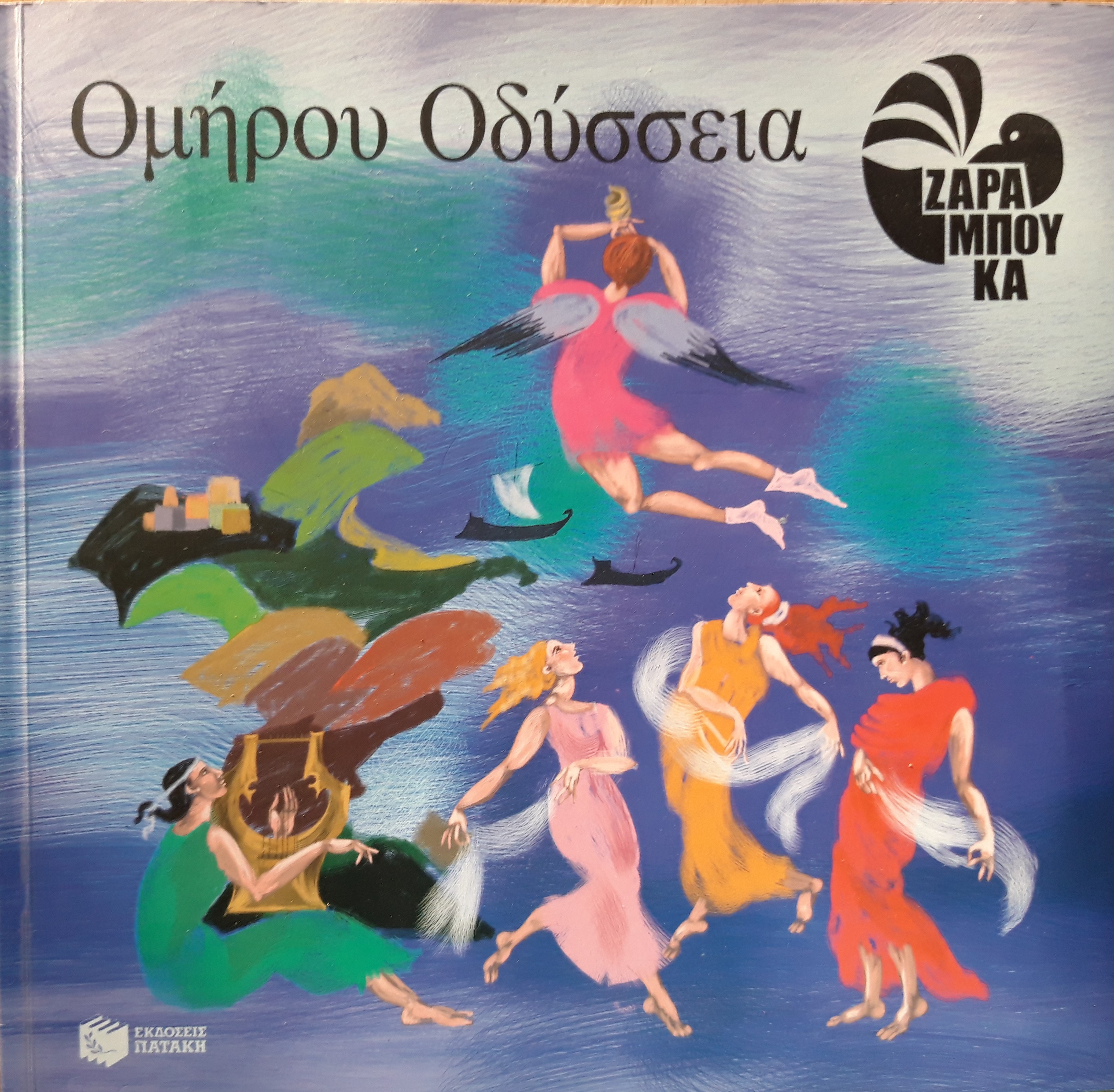Η Ελληνική Γλώσσα
by Leashia Lyons

I am rarely stuck for words but since being asked by Grant, about six months ago, to write some information about my experience of learning the Greek language suddenly I had nothing to say!
By way of an introduction, I first started to learn Greek in late 2016/early 2017. Grant and I had really grown to love Greece but found that some of our best experiences had been away from the tourist trail. It was these experiences, not surprisingly, which had presented us with a language barrier in respect of reading road signs, shopping, asking for help or directions and ordering food.
To be clear, and very honest, I am no expert on, or fluent in, Greek and therefore you will find no quick answers or magic remedies here and the title of the book at the bottom of this page does seem appropriate.

I have never been a master of languages, not even my own native English, and my memory in respect of storing, organising and recalling information is unpredictable and slow, and even more so as I age. That said, I have made progress, I can now mostly make myself understood and my efforts to communicate in Greek have always been well received and encouraged by my victims. I do sometimes resort to impromptu ‘sign’ language (ridiculous), drawings (embarrassingly poor) and Google translate (oooh, I wish I could remember some of the inappropriate offerings from the app!).
Tip for the learner, it is essential to become familiar with both the lower and upper case letters of the alphabet (24 in total). I admit to struggling when words are written entirely in capital letters or in an elaborate font.

There are seven vowels in the alphabet ( α, ε, η, ι, ο, ω, υ ), often used in abundance in any given word for example Χρησιμοποιεί (meaning ‘uses’, containing seven vowels).
It possibly goes without saying but pay attention to the ‘accents’ which alter the pronunciation of the word and in some cases the meaning.
Some English letter sounds not present in the Greek alphabet are created as follows:
- d is created using ‘nt’
- b is created using ‘mp’
- j is created using ‘tz’
- g is created using ‘gk’
- ch created using ‘ts’
In written translation these letters are sometimes interpretted differently and can result in a variation of spelling for example place names on maps, signs and information. It is also helpful to be aware of these combinations of letters used by Greeks speaking English as, in many cases, they do provide a slightly different and softer sound than those ‘hard’ letters in the English alphabet listed above.

Greek books for children can be helpful and the reference book above (bought in a Greek book shop) is useful too.

My most used resource has been the Duolingo app which offers a free learning tool in clear, organised sections. This is a tool for learning a language and not just a quick fix for holiday phrases.
Good luck!

Quick Links: